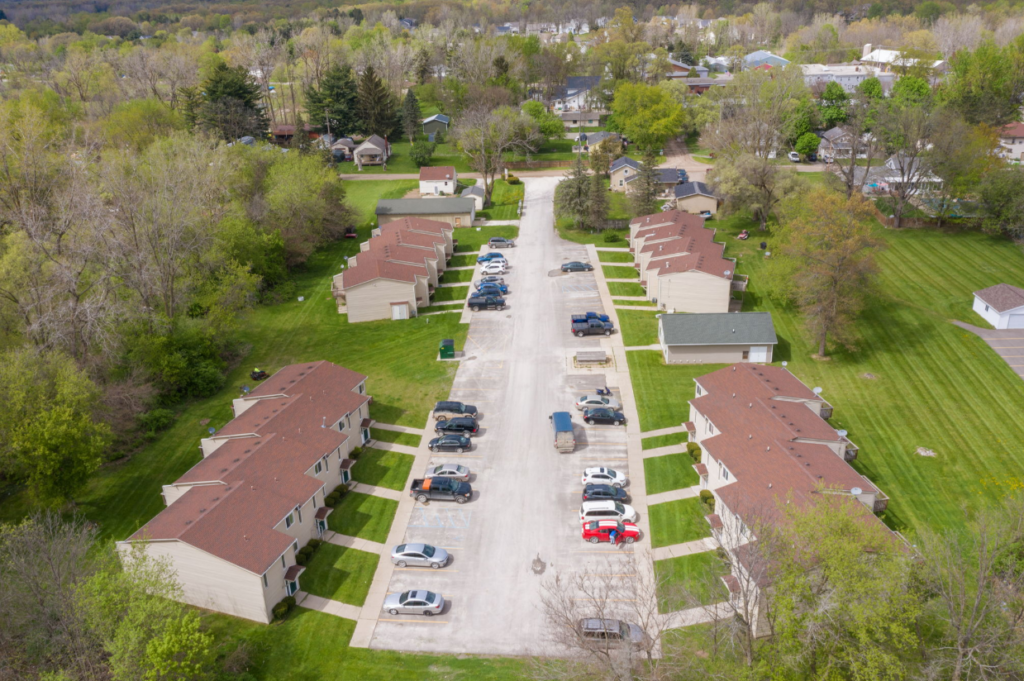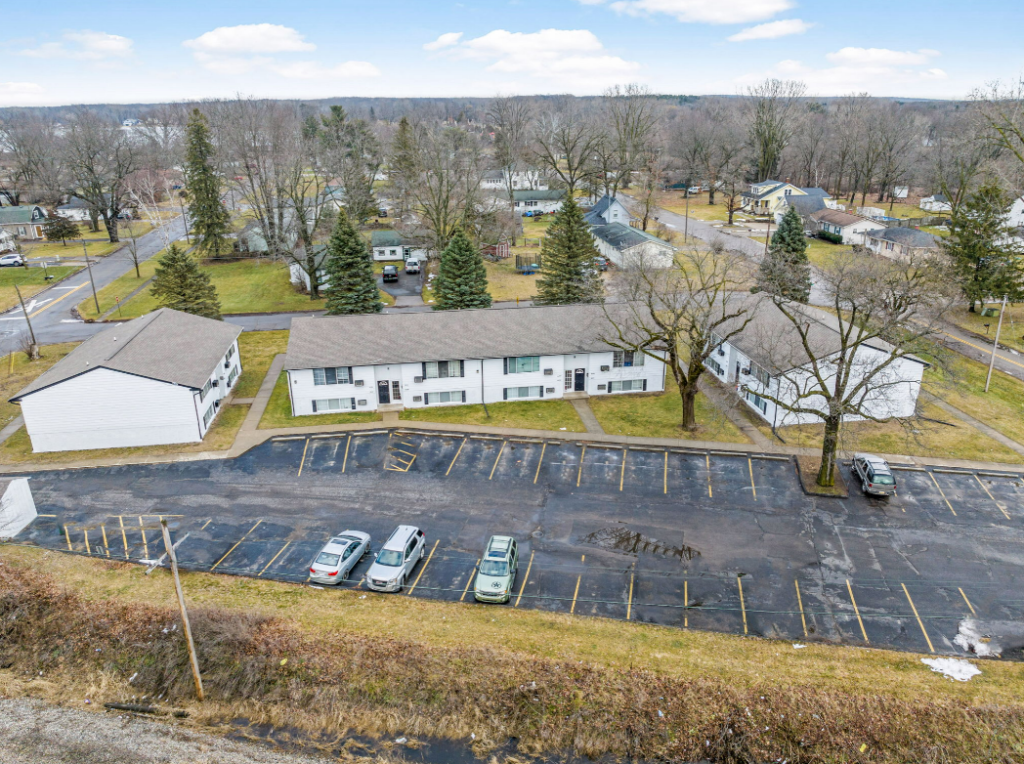
The Capital Stack
If you have been reading our articles about Consolidation Mode, you will already know that we sold four properties in 2023. Three of the properties we owned with LPs, and one we owned personally. All of them did well, and we were able to set record pricing in each of their submarkets. They say that all sellers of real estate will end up with some level of seller’s remorse. So far, this hasn’t hit me.

Avoid Being A Forced Seller
The goal of consolidation mode was to build our track record of full-cycle investments. Potential LPs will always ask, ‘How have you done in the past?’ If you haven’t taken anything through the complete investment cycle (buy, reno, sell/refi), there’s not the firm data to point to. You can say, ‘Well, this project is up 30% in NOI from where we bought it,’ but that’s still meaningless. Investors haven’t gotten their investment back with a profit, so it’s just pointing at phantom numbers relative to property value. Sure, NOI could be up 30%, but if cap rates have expanded by 2% (5.5-7.5%, for example), all of that NOI growth is negated in terms of property value.
For Example:
Let’s say a property has a $100,000 NOI when you buy it, and the market cap rate is 5.5%. The property’s value is $1.82m.
Now, your NOI is up 30% to $130,000, but rates have tripled, and the market cap rate is 7.5%. The property value will have dropped to $1.73m
So, in theory, you have done everything right. Assuming you’re on fixed-rate debt, the property will be okay and cash flow will be very strong. Fixed debt and NOI up 30%, is a great spot to be in.
However, the property’s value would hurt exit returns as it is currently lower than at the time of purchase. This is drastically uncontrollable from a GP standpoint, which is why we do everything we can to NEVER BE A FORCED SELLER. Owners with debt expiring this year or in the next 12 months are in a very tough spot. The value of their property is down due to macroeconomic factors, and when they go to refinance, they’ll be capped at 70-80% LTV.
Let’s assume you bought the property originally with max debt at 80% LTV. Your loan is $1.45m. Now, you need to refinance. Your debt service coverage (DSCR) might be okay, but banks will still cap loans at 80%. So, you go to refinance and your new loan is $1.38m. This is a $70k shortage you would need to complete a cash IN refinance just to pay off the first loan. If you choose to do the cash-in refinance, all of those amazing cash-on-cash returns that you were enjoying from the 30% NOI increase are being eaten up by the higher interest rate, and you had to put another $70k into the deal just to get to this point. The $70k is 20% of the initial equity which means your cash on cash return is taking another hit.
This scenario is happening all over the country right now, with all sorts of variations. Some properties have declining NOIs, while others are located in areas where cap rates jumped even higher than our example. In either case, forced sellers in the current market are in a terrible spot.

Our Track Record
Then there’s us; we successfully sold each of our properties without any pressure. Our earliest debt maturity currently on the books is in 2027. To date, we’ve completed the full investment cycle on a total of seven properties. Before the completion of consolidation mode, our full cycle track record included Royal Oakland, Ferndale 28, and the Waldman portfolio. We completed a refinance on Royal Oakland in 2022, returning all investor capital along with additional proceeds. In 2021, we sold Ferndale 28, a completed a 1031 exchange into a 52-unit property in Royal Oak. The Waldman portfolio entailed a double closing, turning $300,000 of EMD funds into $1,224,000. For the remaining four properties that were a part of consolidation mode, our average IRR was 29%, and the average hold period was 22 months.
So, what’s our next move? Buying. Having successfully demonstrated our ability to execute deals even in challenging market conditions (buying in 2021/2022 & selling in 2023), we’ve earned significant trust from our investors. Patience is a virtue we value. We aim to pursue deals that we believe will consistently meet or exceed our target of a 15%+ IRR. Despite not making any acquisitions in 2023, we are gearing up for an active 2024 on the buy side as ‘forced sellers’ enter the market.
Major Market News
Floating Rate Debt: An Uphill Battle
Ashcroft Capital, a multifamily syndicator known for its Sun Belt apartment complexes and a recent $70 million acquisition in South Florida, has informed investors about a temporary pause in Class A distributions within its first value-add fund. Co-founder Frank Roessler cited the escalating cost of rate caps as the primary cause for the cash crunch. The firm had initially paid $513,000 for rate caps in 2021, but the current extension costs have surged to $18.6 million. According to the article “Rising rates on floating-rate loans have also hurt cash flow”. Despite facing challenges in certain properties, Ashcroft emphasized its commitment to boosting revenues and maintaining a debt service coverage ratio of 1.28 across its fund’s eight properties
Source: TheRealDeal. (2023, Nov 2nd)Syndicator Ashcroft pauses distributions, citing rate cap pain. https://therealdeal.com/national/2023/11/02/multifamily-firm-ashcroft-pauses-payouts-citing-rate-caps/
Tips and Tricks
Terms-
NOI: NOI stands for “Net Operating Income.” It is a key financial metric used in real estate to evaluate the profitability of an income-generating property. NOI is calculated by subtracting the property’s operating expenses excluding debt, from its total operating income.
Cash-in-refinance: refers to a financial strategy in which a property owner or investor injects additional cash into a property when refinancing a mortgage. In a traditional refinance, the goal is often to reduce interest rates, adjust the loan term, or extract equity without adding more funds. However, a cash-in refinance involves contributing additional cash to pay off the existing mortgage.

